“The Polish National Foundation hired the White House Writers Group at my urging. When they started work, some of the biased media narrative about Poland inclined many American policymakers and journalists to see the country in an unfavorable light. This was incompatible with strong U.S. support in times of trouble. By the time WHWG finished, Poland was being covered as an important strategic ally."
Dr. John Lenczowski, founder, president emeritus, and Chancellor, Institute of World Politics; National Security Council, director of European and Soviet Affairs (1983-1987)
From early 2017 to March 2020, WHWG worked with the Polish National Foundation. When we started, critical stories in American media threatened to undermine U.S. support for this frontline NATO ally. Our job was to protect the good name of Poland.
Messaging Strategy:
We focused our strategy primarily on U.S. policy, academic and journalistic elites. Virtually all discussion in the United States concerning Poland that was undermining relations between the two countries came from and was consumed in these circles.
Our messaging strategy did not attempt to rebut the international mudthrowing, much of which originated in Poland’s own overheated politics. Instead, we changed the focus of discussion.
We turned a light on issues and attitudes that we knew all Americans would find compelling, in particular: 1) the strategically dangerous mistake of allowing European allies to become largely or entirely dependent on Russian energy and Poland’s emphatic resistance to that dependence; 2) Poland’s heroic legacy during the Cold War and Poland role in its conclusion; 3) enduring American admiration of Poland, in part as a result of the close partnership between Polish Pope John Paul II and American President Ronald Reagan; 4) The broad support that Polish positions on national sovereignty enjoyed in the United States.
Policy Framing:
On a more detailed level, it turned out that the Polish government had generated few if any clear, detailed, easy-to-grasp message guidance regarding a large array of issues critical to the U.S.-Polish relationship. Under the supervision of a former senior U.S. national security official and a Polish-speaking expert on the country and region, we commissioned a Polish-speaking scholar to develop comprehensive fact sheets on the Polish issues that figured prominently in American elite discussion. These became essential resources for our allies and journalists as our campaign moved forward.
Message Testing:
As budgets allowed, we undertook message testing. One example is discussed in detail under Polish National Foundation II.
Conferences/Generating Media Messaging:
We organized a series of conferences in the U.S., Britain, and the E.U., all generating media that advanced our message strategy. All spoke directly or indirectly to the U.S. national security interest in Poland. Each conference was designed to draw policy and journalistic elites.
For example, an early conference in Washington focused on energy policy, in particular the problem of Nord Stream II. The conference’s video stream was promoted across Capitol Hill, in the newsrooms of the city, at appropriate think tanks, and throughout the policy establishment. The program featured a globally renowned historian, a major American commentator on U.S. national security strategy, a senior Polish official and diplomat, and a prominent scholar of U.S.-European relations. Until that time, Nord Stream II had not been a subject of wide discussion in the United States. Two days after the conference, the White House began talking about the problem that the Russia-to-Europe pipeline presented. The discussion never ceased after that.
Our conferences had multiple sponsors, demonstrating that Polish positions enjoyed support in a wide array of respected quarters.
Op-eds/Interviews:
We mounted an op-ed campaign. Many of the op-eds were signed by a prominent Polish figure and focused on the interlinking of Polish and American security, as well as European energy policy. Placements were in newspapers and on websites that would reach both regional and national policy and journalistic elites. Op-eds were used to pitch interviews with the signer to targeted media.
Advertising
In the following section on this client, we describe the television advertisements we conceived, scripted, produced, and placed.
One-on-One Senior Level Promotion
On select occasions, we used our relationships to address misunderstandings between critical U.S. and Polish players, particularly in the financial and corporate worlds.
We briefed select journalists on Polish issues, emphasizing Poland’s critical importance to the U.S. and the regional security problem of too much energy coming from Russia.
We arranged introductions in Poland for other prominent Americans and arranged briefings the emphasized Poland’s strategic importance to the United States.
For example, one of our senior directors (a former ambassador who had held senior positions in almost every department of the U.S. government that touched on national security) organized a tour of Poland for a delegation of former U.S ambassadors and their spouses. The tour included meetings and briefings from members of the Polish government and other prominent Poles. Many of the party remained highly active in U.S. national affairs and published regularly.
Before our engagement ended, the American focus had turned to Poland as an important ally. Ambivalence in policy circles was receding, a development that, in light of subsequent events, came just in time, for both countries.
